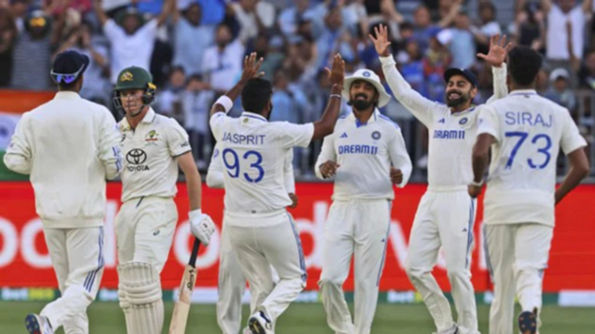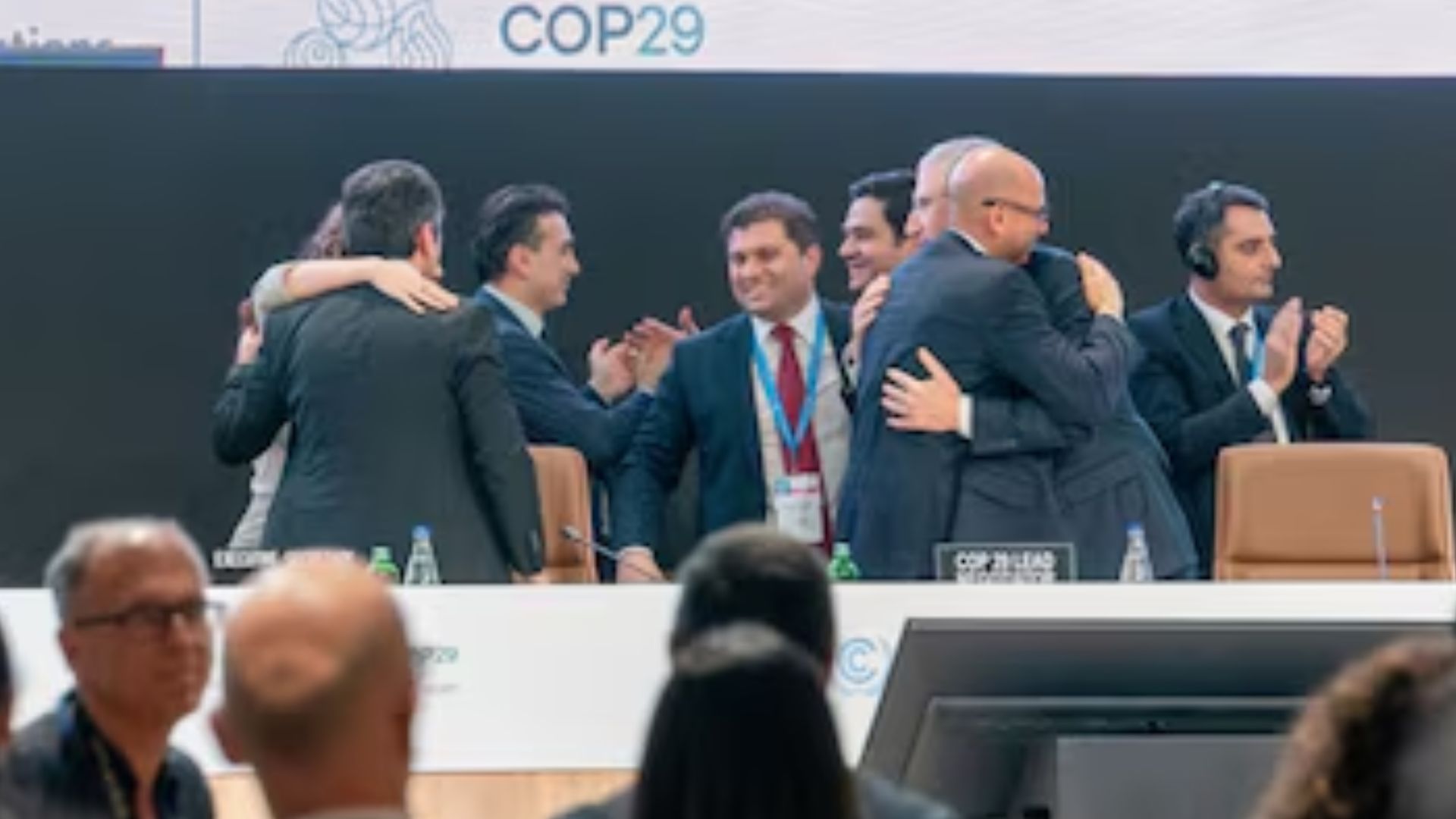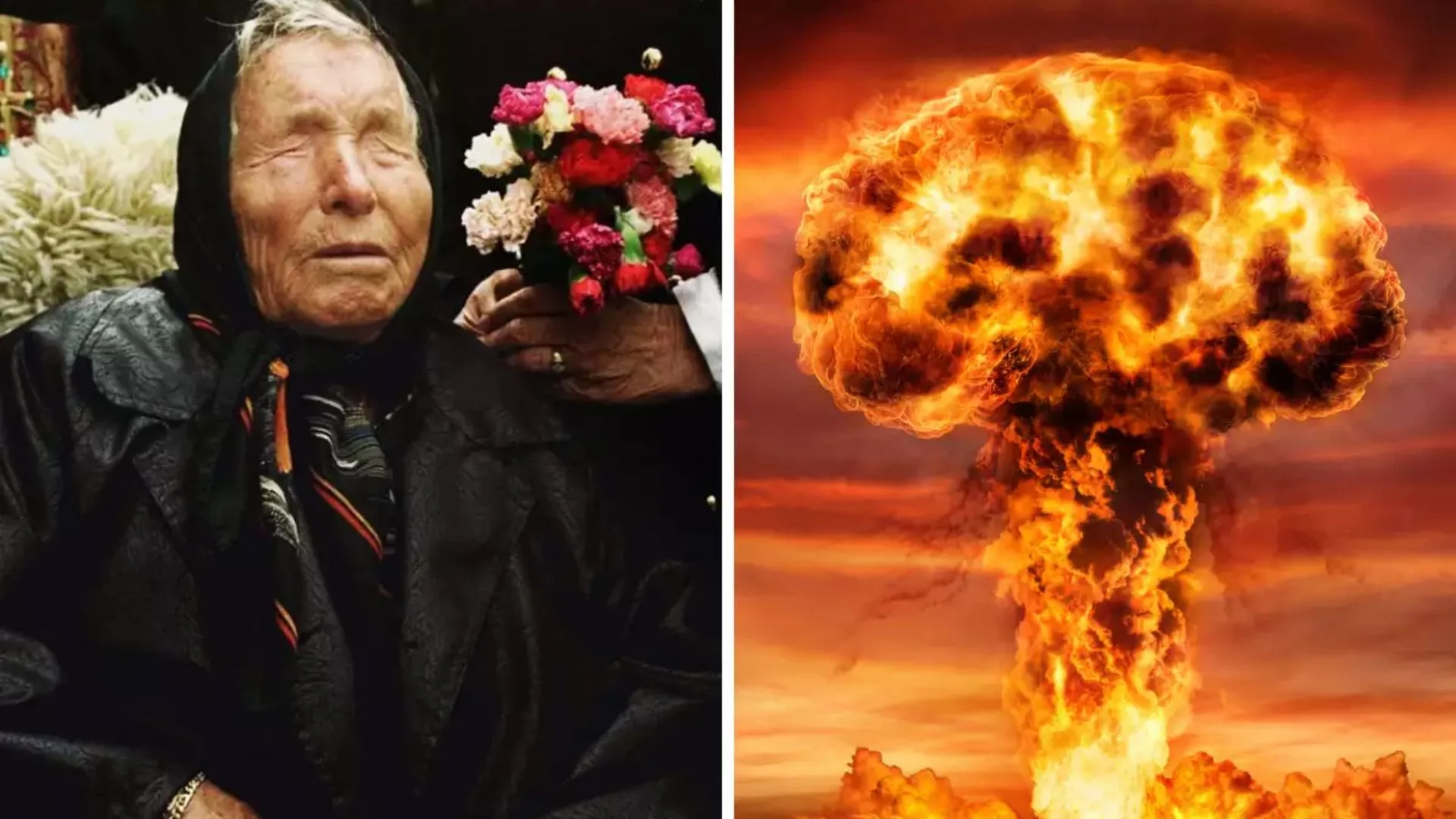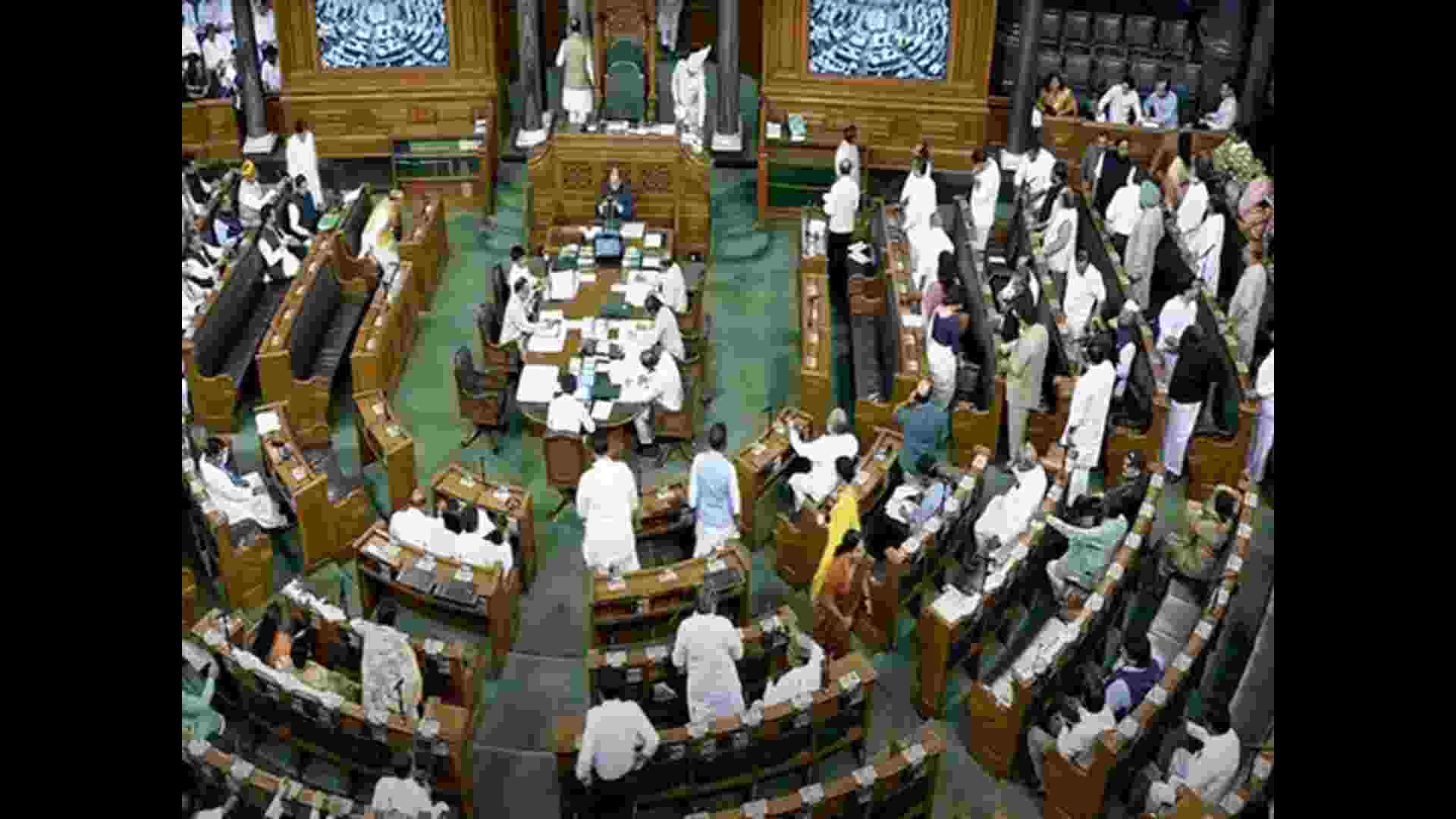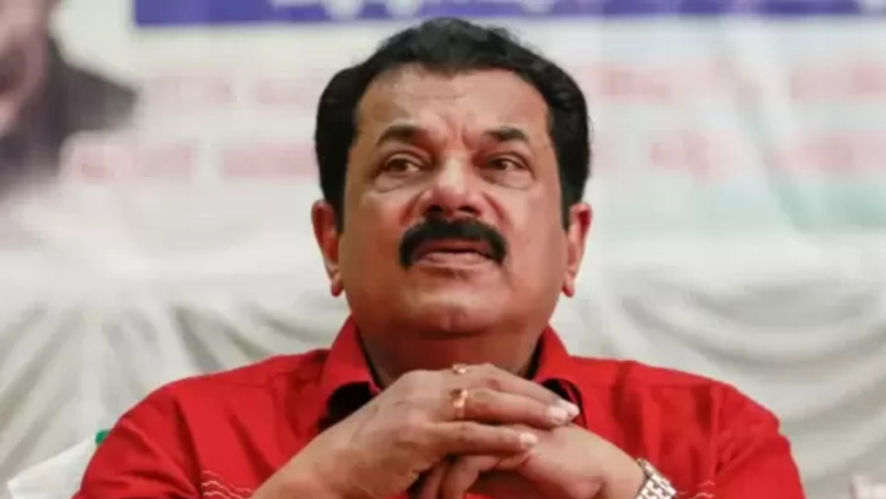
L ife is full of relationships. From the moment we are born we have relationships of various kinds and degrees of involvement and intensity. From parents, friends, teachers, spouses, colleagues, children, and so on, our lives are full of relationships. But like the people behind them, relationships also change and grow. There are very few that stand the test of time. Are there ways to make sure your relationships remain healthy over time?
Our relationships evolve with time. Relationships with family members are the ones that generally remain throughout most of our lives. Starting with parents and siblings and extending to grandparents, aunts, uncles, cousins and so on. As the world is changing rapidly, we see that nuclear families are becoming more common. The interaction with aunts, uncles and cousins is less than what it used to be in the past. Extended and even immediate families are often spread across the country or the world and meeting physically become less frequent. When we were children and played with our siblings, cousins and classmates, we rarely paused to savour the moment. We thought that these people who are such a major part of our life would remain there throughout our lives. Is that the case?
Have you ever been to a school reunion, say 10 or 20 years after passing out? Many of us have. Do you still feel the same way about many of the people who were your classmates? There are many people with whom you were close in school but now it doesn’t feel the same. You no longer have much in common. You have grown out of the relationship. If this has happened to you, do not feel bad or guilty. This is a normal part of ‘growing up’. The process of ‘growing up’ never ends. Each day we learn something new about ourselves, about others and about life itself.
The reverse can also be true. At the same reunion, you may come across someone who you were not very close to in school but now you both vibe better. This is also a part of the ‘growing up’ process. You may now be ready to interact with that person on a mental, emotional or spiritual level that you were not ready for in the past.
Your relationship with your parents also will evolve with time as you both mature. Realise that expectations from any relationship can be detrimental. Parents are people. They also have their flaws, weaknesses, insecurities and you should not expect otherwise. The same applies to spouses or other romantic interests.
One of the most important relationships with other people is with your spouse or romantic interest. When these relationships start, everything always seems hunkydory. This is quite literally the ‘honeymoon’ phase of the relationship. But in time, reality sets in. What is this reality? You and your spouse are two different people. You have your likes, dislikes, interests, passions, ambitions, beliefs, favourites, and so on. If your relationship is to survive, there must be acceptance to this.
Certain time must always be spent without anyone other than yourself or “me time” as it is called these days. Time should also be spent with your friends and other people apart from your spouse or romantic interest. Give each other space and time.
As the great poet and author Kahlil Gibran wrote in the poem ‘On Marriage’ (excerpt) — “But let there be spaces in your togetherness, and let the winds of the heavens dance between you.”
Space and time are as important to life and relationships as to Physics. One of the killers of any relationship is ‘suffocating’ the other person by constantly wanting to be with them. Just like trees need space and time to grow, so do relationships. This way there is a longing for the other person that will keep building. And as Gibran wrote, “Let the winds of the heavens dance between you”. For air to flow smoothly, it needs some space. So do relationships.
Relationships with others keep changing and growing constantly. But there is one relationship that will always exist. It’s the relationship with yourself. Whether we feel good or bad in saying it, this is the truth. Others will come and go but the relationship with our own self will survive this life and the next and the next and so on. There are only two permanent relationships — God and yourself. Everything else is a variable. They may or may not exist for aeons. However, even the relationship with God and yourself, though permanent, is also evolving.
We learn new things about ourselves and we learn new things about God. That is the purpose for which we are here in this world. But in the process, we need to remember that the same God who has a permanent relationship with us also has one with everyone else. So, indirectly, we are all permanently connected in a massive web that is larger than we can imagine.’
Relationships often are the things in life that give us true happiness. That happiness can be found within us and through others as well. But the real lesson is this — let the source of happiness be from within and not be determined by other people (whosoever they may be). Enjoy their love and cherish the memories and time you spend together but let it never be an essential thing to have for your own happiness. In other words, it should never be “I can only be happy if so and so is with me” or “I can only do this if so and so allows me”.
Having said all that, relationships also involve humility and compromise to work. If you are in a marriage, for example, while your own happiness is in your own hands — communication, consultation, commitment and compromise are needed to make a relationship work. If we want the relationship to work then all these four things are needed along with time and space.
So enjoy the journey you are on in this world. Learn, love, explore, and grow. But remember that there will be bumps on the road. You and your loved ones will have arguments, fights and such. There will be lonely moments but that is all part of the story of life. Love God, yourself and others and don’t depend on others for your own happiness. Just enjoy the ride.
Prashant Solomon is a Delhi based author and businessman.


